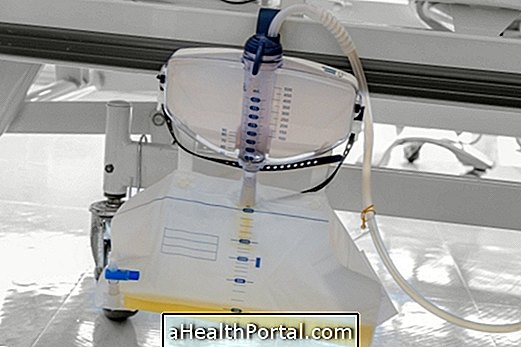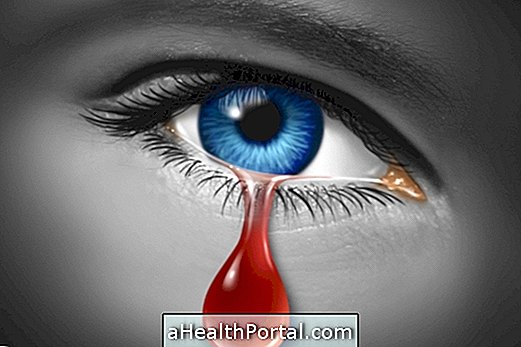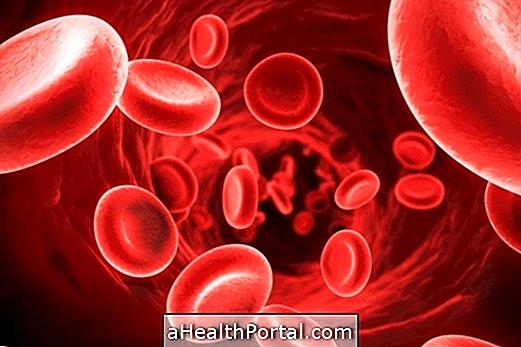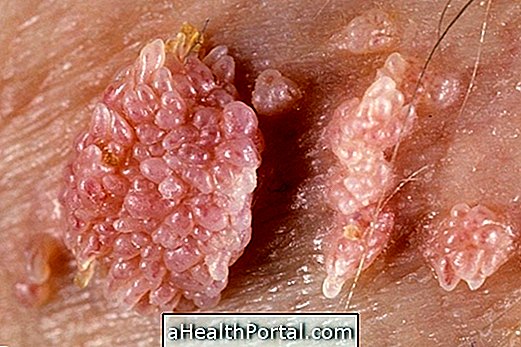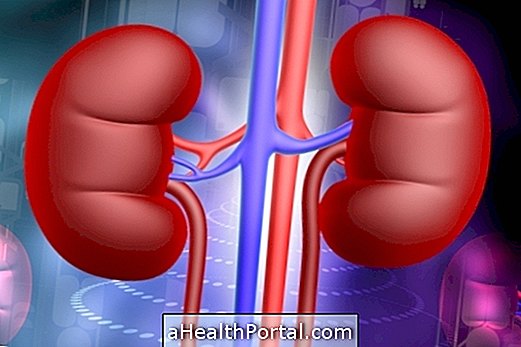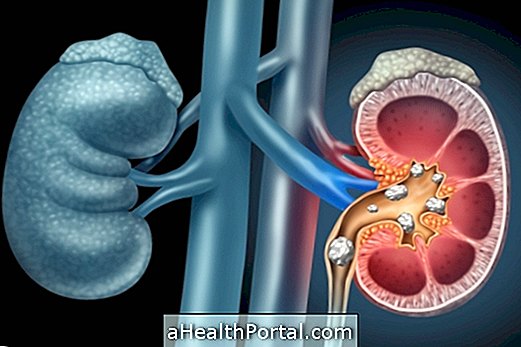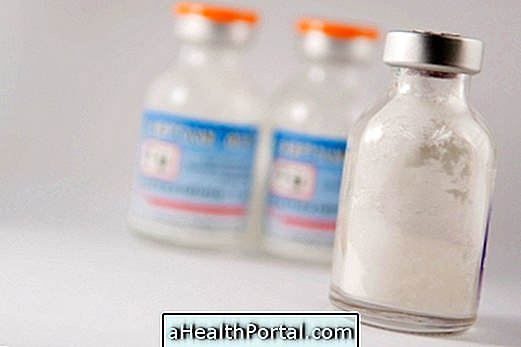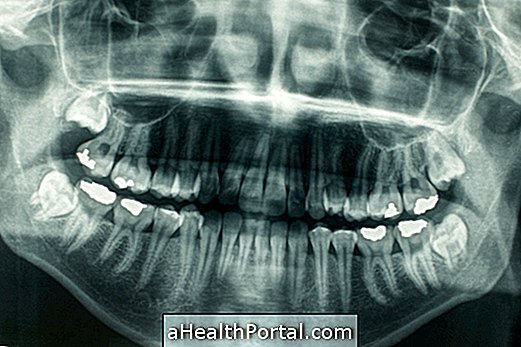Drug use may favor the occurrence of various diseases, such as endocarditis, renal failure, respiratory and infectious diseases that can be transmitted sexually or through the sharing of contaminated needles.
The severity of the disease caused by the drug depends on the type and amount of drug ingested, which tends to increase over time due to dependence. Illnesses usually arise a few months after the onset of drug use, and are usually preceded by behavioral changes. Know the signs of drug use.
Identifying that the person is taking a drug is extremely important, as this avoids not only diseases but also prevents overdose and improves the quality of life of the person. Know what is overdose and when it happens.

The main diseases associated with the consumption of licit and illicit drugs are:
1. Behavioral disturbances
Drugs may have stimulant, depressant or disruptive effects on the nervous system, which can result in depression, euphoria or loss of sense of reality, for example, depending on the drug being taken.
Stimulant drugs, such as crack and cocaine, are those that provoke in a short period of intense euphoria, excitement, decreased sleep, emotional unrest and loss of the notion of reality. On the other hand, depressants, such as heroin, for example, cause increased sleep, exaggerated feeling of calm, decreased reflexes, and less ability to reason.
Disturbing drugs of the nervous system are those that cause hallucinations, change in the perception of time and space and delusions, such as marijuana, ecstasy and LSD, and are also called hallucinogenic or psychodysleptic. Learn more about the effects of drugs.
2. Sexually transmitted diseases
The drug does not lead directly to the occurrence of sexually transmitted diseases, however, the use of injectable drugs such as heroin, for example, especially when the needle is shared between different people, may increase the chances of developing STDs, such as gonorrhea and syphilis, for example, since the causative agent of the disease may be present in the bloodstream. Learn more about STDs.
In addition, drug use makes the immune system more susceptible, which may favor HIV infection and AIDS development, which can be transmitted from person to person not only through unprotected intimate contact but also through syringes and needles. Learn all about AIDS and HIV.
Infectious endocarditis
Infective endocarditis corresponds to inflammation of the tissue that lines the heart, being caused by bacteria, which can reach the heart as a result of STDs or the use of needles contaminated by bacteria, and the bacteria are inoculated into the body through the use of injectable drugs in infected syringes.
In endocarditis, heart valve function is impaired. In addition, heart enlargement may occur, making it difficult for blood to pass through and may lead to other complications, such as heart failure, stroke, and pulmonary embolism. See what are the symptoms of infective endocarditis and how the treatment is done.

4. Pulmonary emphysema
Pulmonary emphysema is a respiratory disease characterized by loss of elasticity and destruction of the alveoli usually caused by excessive use of cigarettes, but can also happen due to inhalation of illicit drugs such as crack and cocaine, for example.
The dust particles settle in the pulmonary alveoli and hinder gas exchange, which results in difficulty breathing, coughing and a feeling of shortness of breath. Here's how to identify pulmonary emphysema.
5. Renal and hepatic impairment
Excessive consumption of both illicit and licit drugs, like alcoholic beverages, for example, can overwhelm several organs, especially kidneys and liver, resulting in insufficiency of these organs.
Problems related to the liver, especially cirrhosis, are related to the excessive and frequent consumption of alcoholic beverages. See the effects of alcohol on the body.
Kidney failure is closely related to the accumulation of toxins in the blood, overloading the kidneys, which fail to filter the blood properly. Understand what kidney failure is.
6. Malnutrition
The use of some types of drugs, especially stimulants such as crack and cocaine, undermine the system that regulates hunger. Thus, the person does not eat properly and, consequently, can not have all the nutrients essential for establishing well-being, becoming malnourished. Know the consequences of malnutrition.
7. Cerebral compromise
Due to the effect on the nervous system, the constant and excessive use of drugs can cause permanent damage to the brain and destruction of neurons, thus compromising the whole state of health of the person.
Also see how treatment is done for drug users.

